Kilimanjaro climbing 2026 is one of the few life-changing adventures that doesn’t require technical climbing skills, just the courage to begin. Standing 5,895 meters (19,341ft) above sea level, Mount Kilimanjaro is the highest free standing mountain in the world, yet thousands of first-time trekkers reach the summit every year.
If you’ve always thought Kilimanjaro was “too big” or “too extreme” well, 2026 may be the year you discover it’s more achievable than you imagined. With the right pace, expert guides, and a proven plan, ordinary people with average fitness are summiting Africa’s highest peak safely and successfully.
This page is your first step toward making your Kilimanjaro climbing 2026 dream real.
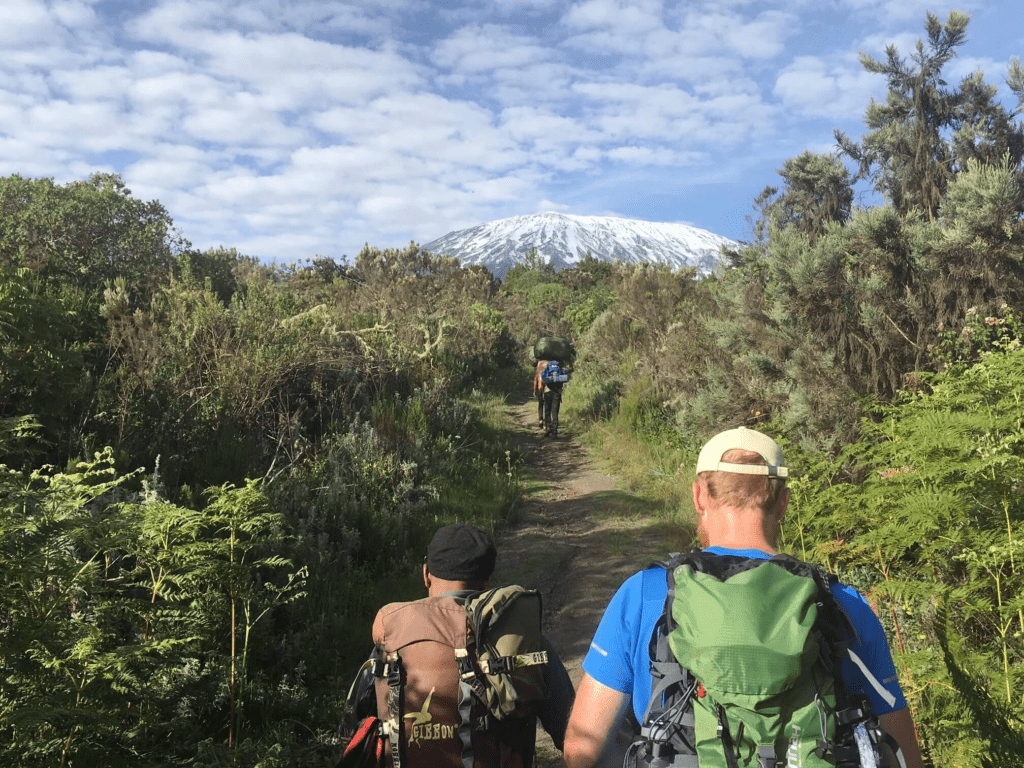
Mount Kilimanjaro, known as the Roof of Africa, stands at 5,895 meters (19,341 feet) and offers one of the most exciting high-altitude trekking experiences in the world. As the tallest freestanding mountain on Earth, Kilimanjaro continues to attract adventurers looking for a life-changing challenge that requires no technical climbing skills.
Many climbers underestimate how much preparation matters. Kilimanjaro is a non-technical climb, but success is built on acclimatization, pacing and support. Planning for 2026 gives you the time to build your fitness, choose the right itinerary, and climb with a team that prioritizes safety and results.
If you’re serious about climbing Kilimanjaro in 2026, now is the time to lock in your plan. At African Delight Safari, we help you select the best route, manage your logistics, and maximize your summit success.
Better access to preferred routes and accommodations
Booking early ensures you secure the best campsites and your choice of scenic routes like Lemosho, Machame, or Rongai.
Time to choose a trusted local operator
With advance planning, you can book with experienced teams that prioritize safety, porter support, and sustainable trekking practices.
Lower prices and smoother planning
Early bird rates for flights, gear, and permits are still available. Planning ahead also means more time to train and prepare.
Favorable travel conditions across Tanzania
With consistent tourism support and a peaceful environment, 2026 is shaping up to be a smooth, reliable year for your adventure.
Solo climbers, couples, and travellers looking to join a kilimanjaro hiking groups are already preparing to climb Kilimanjarothis 2026. Start planning now with African Delight Safari and give yourself the best chance to reach Uhuru Peak with confidence.
While Kilimanjaro is open for climbing all year, your experience will vary depending on the season.
January to March 2026 is part of the short dry season. These months offer crisp mornings, fewer crowds, and a higher chance of snow at the summit. It’s a peaceful and scenic time to hike Mt. Kilimanjaro
April to May 2026 should generally be avoided. This is the long rainy season when trails can become muddy and hazardous, and some routes may even close due to poor conditions.
June to October 2026 is the peak dry season. Clear skies, comfortable temperatures, and a strong support network on the mountain make this the most popular and reliable time to climb Kilimanjaro.
November 2026 brings short rains. While still possible for seasoned hikers, trails on Mount Kilimanjaro may be slippery, and visibility can vary.
December 2026 is a festive season with mixed weather. There’s a chance of snow at the top, and it’s a popular time for holiday travelers.
For the best chance of reaching the summit of Mt. Kilimanjaro in 2026, aim for a climb between January–March or June–October, when weather conditions are most favorable.
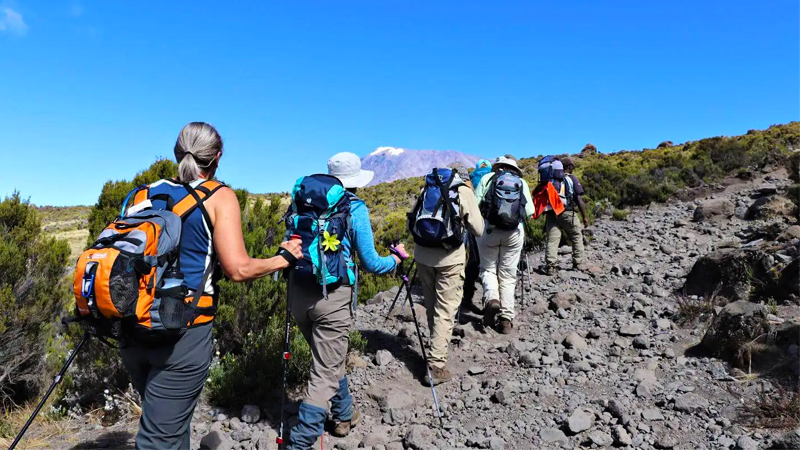
When planning your Kilimanjaro climbing adventure in 2026, one of the most important decisions you’ll make is choosing your route. Mt. Kilimanjaro has seven (7) established routes. Your success rate, crowd experience, and scenery all depend on which one you pick.
Each route on Mt. Kilimanjaro offers a unique mix of scenery, acclimatization profiles, traffic levels, and overall difficulty. The right choice can dramatically increase your comfort, success rate, and overall experience.
Below is a detailed breakdown of the most popular Kilimanjaro trekking routes in 2026 to help you compare and choose the one that fits your goals, fitness level, and style of adventure.
| Route | Details |
|---|---|
| Machame Route | Popular for its scenery and strong acclimatization. Usually 6–7 days. Passes rainforest, moorland, and volcanic ridges. Summit success rate: 85–90%. |
| Marangu Route | Only route with hut accommodation. Usually 5–6 days. Faster ascent means less acclimatization. Success rate: 70–80%. |
| Lemosho Route | Remote and scenic. Usually 7–8 days with excellent acclimatization. Joins Machame higher up. Success rate: 90–95%. |
| Rongai Route | Quieter and drier, starts from the north. Usually 6–7 days. Great for fewer crowds and stable weather. Success rate: 85–90%. |
| Umbwe Route | Most difficult and steep. Usually 5–6 days with limited acclimatization. Recommended for experienced trekkers. Success rate: 60–70%. |
| Northern Circuit Route | Longest and most gradual route. Usually 8–9 days. Lowest crowd density and best acclimatization. Success rate: 95%+. |
| Need Help Choosing? | Contact us for a free consultation to find the best route for your 2026 Kilimanjaro climb. |
For the best combination of success and scenery in 2026, most hikers booked with us chose between our 8 days Lemosho, 7 days Machame and 7 days Rongai routes. If you’re unsure which route suits you best, get in touch, we’re happy to help.
Our Mt. Kilimanjaro hiking/trekking/climbing packages for 2026 are designed to match different hiking styles, fitness levels, and goals. Choose from scenic routes like Machame and Lemosho, fast-paced climbs like Marangu, or quieter paths like Rongai and the Northern Circuit. Each package includes experienced local guides, national park fees, high-quality camping gear, meals, and full logistical support from start to finish.
You’ll hike with a trusted 100% Tanzanian-owned company that prioritizes your safety, comfort, and acclimatization strategy. Every climb is carefully planned to give you the best possible chance of reaching Uhuru Peak while enjoying every step along the way.
Climbing Kilimanjaro in 2026 with African Delight Safaris means more than just reaching the summit — it’s a personalized, ethically guided journey led by a 100% Tanzanian-owned team. We combine deep local knowledge, honest advice, and handcrafted itineraries tailored to your pace and experience level. From expert mountain crews to community-driven values, we ensure your climb is safe, meaningful, and truly unforgettable. Every detail is handled with care — from your first inquiry to your final descent. And by traveling with us, you directly support local guides, porters, and businesses who make your journey possible.
We are your best tour company for Mt. Kilimanjaro climbing 2026!

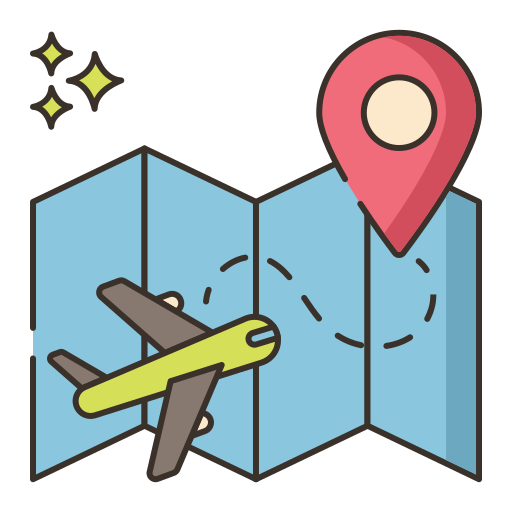
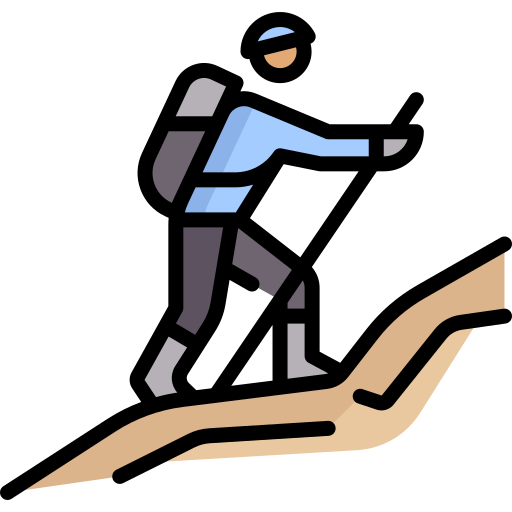

Estimated Cost: $1,200 – $1,600 per person
Group Size: 6–15 hikers
This is the most affordable option, designed for budget-conscious travelers willing to compromise on flexibility and support. Group climbs consolidate logistics; shared tents, cooks, and porter therefore keeping costs low. While basic services like park fees, meals, and guiding are included, these treks typically run on tighter schedules with fewer acclimatization days. If you’re fit, adaptable, and on a strict budget, this level can work, but it lacks the personalized care many seasoned hikers prefer. Hikers can book and join a Kilimanjaro climbing group tour here.
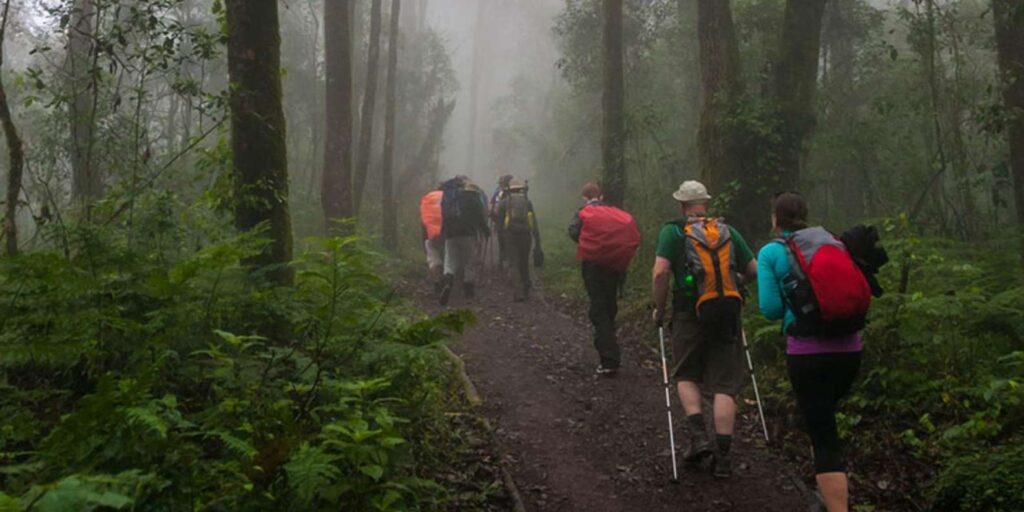
Estimated Cost: $1,900 – $2,700 per person
Group Size: 2–5 hikers
This tier provides excellent value for experienced trekkers who want better control over their climb and is often the favorite choice by families or group of friends looking to climb Kilimanjaro. Hikers choose the route, travel dates, and speed. Expect stronger guide to client ratios, better food quality, thicker sleeping mats, and private toilet tents. Safety protocols are more robust, often including daily health checks and pulse oximeter readings. Routes like Lemosho and Northern Circuit which offer superior altitude acclimatization are common at this level.
This is the most popular option for climbers who want comfort and safety without unnecessary luxury.

Estimated Cost: $3,000 – $5,000+ per person
Group Size: 1–2 hikers
Designed for discerning trekkers who value high-performance logistics and maximum safety. Premium climbs feature custom itineraries, highly trained staff, and top-end gear; including walk-in tents, full-service dining setups, solar lighting, upgraded bedding, and even satellite communications. Guides are often Wilderness First Responder certified, and medical equipment such as emergency oxygen and portable altitude chambers may be available.
These climbs typically include pre/post-trek lodges, private transfers, and gear assistance. If you’ve climbed in the Himalayas or Andes and expect that level of expedition support, this is your tier.

No matter which level you choose, all properly operated Kilimanjaro climbs in 2026 should include:
Kilimanjaro National Park entry, camping or hut fees, and rescue levies
Certified mountain guides, licensed by Kilimanjaro National Park and trained in altitude safety
Professional porters and mountain cooks, with wages following KPAP standards
Three daily meals, filtered water, tents or huts, and round-trip transfers from Moshi/Arusha
Essential emergency gear such as first aid kits, pulse oximeters, and bottled oxygen
Tips for mountain staff (approx. $250–$350 for a 6–8 day climb)
Travel insurance covering evacuation and up to 6,000 meters elevation
Gear rental (for winter jackets, boots, or sleeping bags if needed – approx. $150–$250)
Flights to Tanzania, plus hotel stays before and after your trek
National Park fees may rise, and route availability fills up months in advance — especially on popular treks like Lemosho or Northern Circuit. Booking early ensures better pricing, smoother logistics, and the chance to train properly for the climb.

The dates listed below are confirmed climbs for clients who have already booked. While these are fixed expeditions, you are not required to join these specific dates unless you prefer to climb alongside others in your group.
Most of our clients choose their own personalized climb dates at no extra cost. However, many opt to join these scheduled group climbs to share the experience with fellow trekkers.
We keep our group sizes small, usually no more than 10 climbers to ensure personalized support, close monitoring of everyone’s health, and plenty of time for individual attention. This approach guarantees a safe, comfortable, and memorable climb for every member of the group.
Whether you book a private date or join one of these group climbs, your journey with us will be expertly guided and fully supported from start to summit.
| Reference | Climb Start | Route | Availability |
|---|---|---|---|
| FBR | 14 February 2026 | 7 Days Machame | Available |
| JUN1 | 04 June 2026 | 8 Days Lemosho | Available |
| JUN2 | 12 June 2026 | 7 Days Rongai | Available |
| JUN3 | 19 June 2026 | 7 Days Machame | Available |
| JUL1 | 03 July 2026 | 8 Days Lemosho | Available |
| JUL2 | 10 July 2026 | 7 Days Rongai | Available |
| JUL3 | 18 July 2026 | 7 Days Machame | Available |
| AUG1 | 02 August 2026 | 8 Days Lemosho | Available |
| AUG2 | 09 August 2026 | 7 Days Rongai | Available |
| AUG3 | 16 August 2026 | 7 Days Machame | Available |
| SEP1 | 05 September 2026 | 7 Days Lemosho | Available |
| SEP2 | 13 September 2026 | 7 Days Rongai | Available |
Planning your Kilimanjaro climb in 2026 doesn’t have to be complicated. At African Delight Safaris, we’ve broken down the process into simple, manageable steps to help you feel confident from the moment you book to the moment you summit.
Choose a Route & Dates: We offer all major Kilimanjaro routes, from the scenic Lemosho to the popular Machame. Whether you prefer a private climb or a small group departure, we’ll help you find the best fit based on your pace, budget, and comfort. Booking early helps secure your preferred date, especially for peak months like July to October.
Get Free Expert Consultation: Not sure where to start? Our mountain team is ready to guide you through route options, duration, acclimatization tips, and best preparation strategies; no pressure, just expert advice.
Secure Your Spot with a Small Deposit: A deposit of just USD 150 locks in your trek. We accept card payments, and the process is quick and secure. Once booked, you’ll get access to our preparation resources, gear advice, and training support.
Receive Our Pre-Climb Guide: After booking, you’ll receive a detailed preparation guide with links to our printable packing checklist, 12-week training plan, visa guide, and flight recommendations.
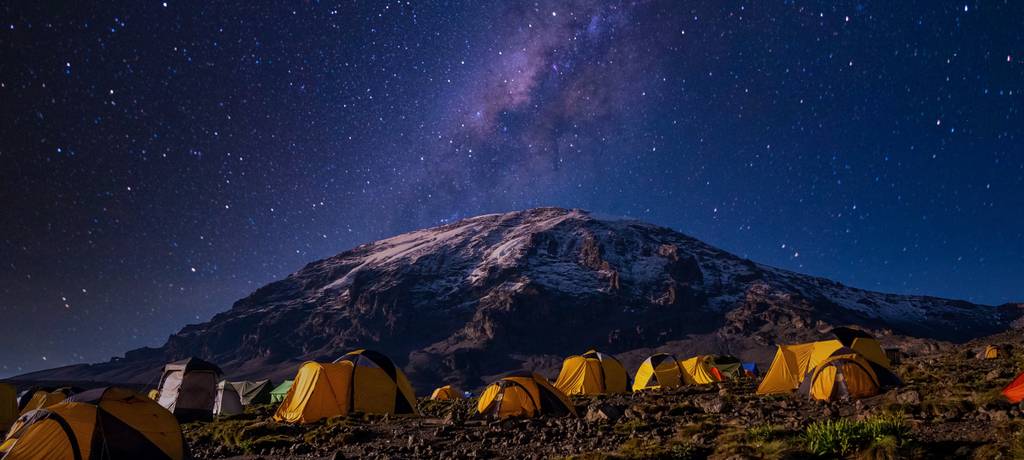
So, you’ve decided to climb Kilimanjaro. Here’s exactly how to prepare in five straightforward steps:
Book Your Climb Early: Making your reservation means you’ve committed to the challenge; no more second-guessing! We make the process painless and secure. Group or private climb? It’s your call.
Start Buying Gear: Begin with the essentials, especially your hiking boots and daypack. These need to be broken in early so you can identify any issues. Need help with gear? Read more on our Kilimanjaro Packing Checklist.
Train Smart: If possible, start training at least three months before your trek. Aim for three cardio sessions per week and add two longer endurance hikes with 10–12kg in your backpack. Prefer structure? Ask for our downloadable 12-Week Training Plan.
Book Your Flights to Kilimanjaro International Airport (JRO): While we don’t suggest booking flights too far in advance, it’s worth tracking fares early. We’ve reviewed the best comparison sites to help you find the cheapest flights.
Get Your Tanzanian Visa: We recommend applying online at least two weeks before travel. The process is simple, and we provide a step-by-step guide. The visa is valid for 90 days and can be used anytime within 12 months.
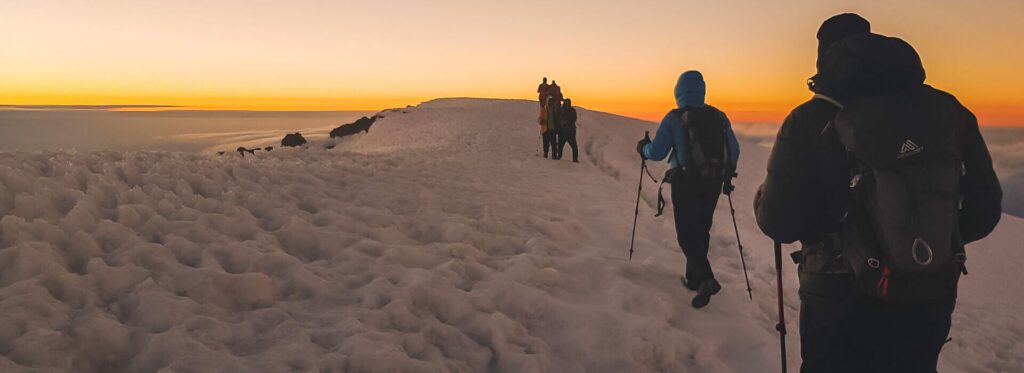
We’ve guided climbers safely up Kilimanjaro since 2019. Our team includes certified local guides, KPAP-affiliated porters, and experienced cooks. We’re committed to your safety, comfort, and summit success — and our 90%+ success rate proves it.
Clients frequently highlight our professionalism, safety standards, and personalized care. From first-timers to seasoned trekkers, climbers have called our Kilimanjaro trekking service “life-changing.”
Absolutely. Kilimanjaro doesn’t require technical skills. If you’re reasonably fit, mentally prepared, and take a longer route for acclimatization, you stand a strong chance of reaching the summit in 2025.
We offer 6–9 day routes like Machame, Lemosho, Marangu, and Rongai. Each itinerary includes full mountain support, safety checks, gear inspection, and acclimatization strategies tailored to your route.
The best times to climb Kilimanjaro are January–March and June–October. These are Tanzania’s dry seasons, with clearer skies and safer trails. For fewer crowds in 2025, try mid-June or September.
Budget tours start around $1,800. Mid-range climbs cost $2,500–$3,200, and luxury climbs go beyond $4,000. Prices cover park fees, porters, tents, meals, and guides. Flights, hotels, and tips are separate.
Begin 8–12 weeks before your climb. Focus on cardio (jogging, hiking), strength training, and weekend hikes with a backpack. The fitter you are, the more you’ll enjoy your Kilimanjaro trek in 2025.
The biggest risk is altitude sickness. Others include dehydration, cold, or exhaustion. Our guides monitor you daily, carry oxygen, and enforce strict safety protocols. Evacuation is available in emergencies.
Yes — World Nomads, SafetyWing, and Global Rescue all offer Kilimanjaro-specific policies that include high-altitude trekking and emergency evacuation. Ensure your provider covers hikes above 5,000m.
Fly into Kilimanjaro International Airport (JRO). We’ll pick you up and transfer you to your hotel in Moshi or Arusha. Most flights transit through Doha, Amsterdam, Nairobi, or Addis Ababa.
Rainy months: March–May (long rains) and November (short rains). Dry seasons: June–October and January–February — perfect for Kilimanjaro climbing in 2025.
6 to 9 days depending on your route. Add 2 nights before and after for hotel, gear checks, and airport transfers. We recommend at least 7 days on the mountain for safe acclimatization.
We’ll help you customize your own itinerary for a once in a lifetime adventure in Tanzania.